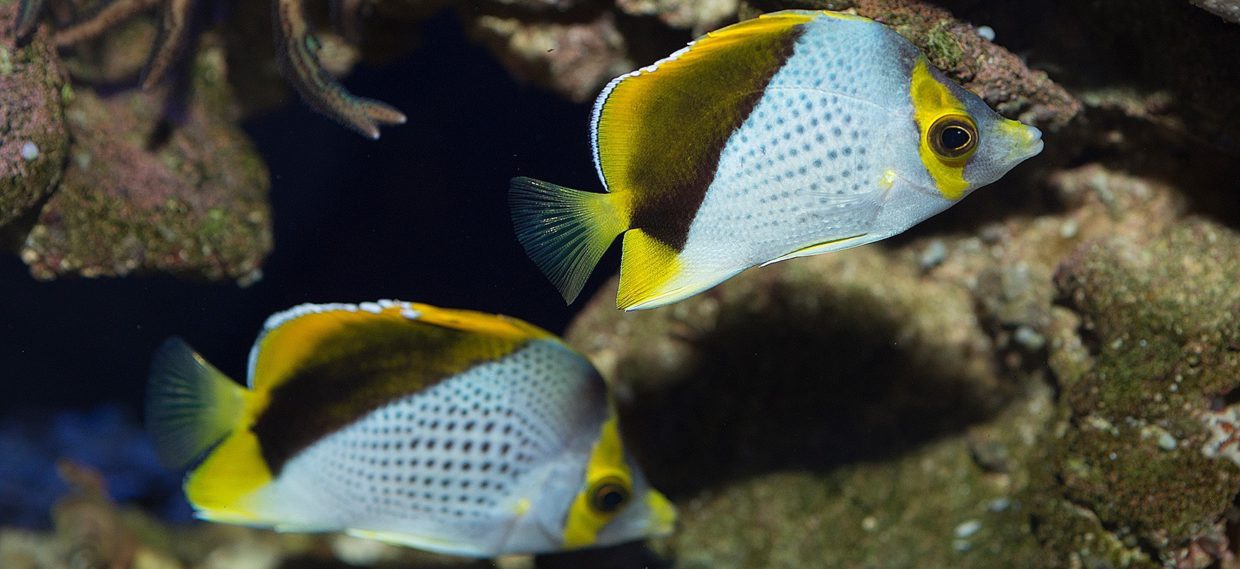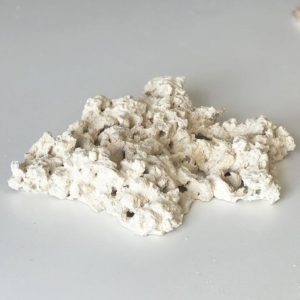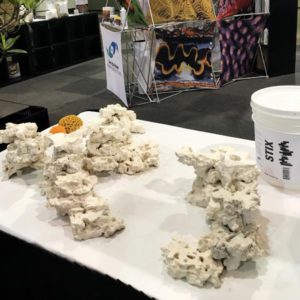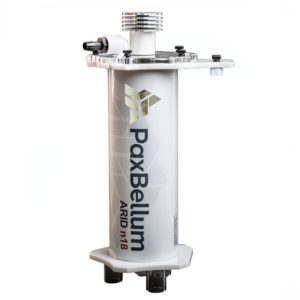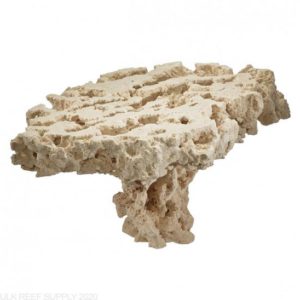Description
Struggling with low pH? Frustrated by slow coral growth? We’ve got the solution!
Introducing the IceCap CO2 Scrubber and CO2 Absorbent Media
It happens to all of us at some point during our reefing careers. You’ve to your alkalinity level right where you want it, but you’re plagued by chronically low pH.
If this sounds all too familiar, then rest assured you’ve got to the right place. There is a solution that it’s neither complicated nor expensive.
All you’ll need is a simple device called a CO2 Scrubber. It looks very similar to a media reactor, so the familiar form factor should put you at ease before you even begin. The IceCap CO2 Scrubber, in particular, is an attractive and affordable option that is nearly universally compatible with any aquarium running a protein skimmer. The way it works is simple: you just attach the tubing that comes with the scrubber to the air intake on your skimmer. Then, you connect the other end to the CO2 scrubber and you’re done. That’s it! Now you’ll be able to raise the pH of your aquarium and control carbon dioxide.
- Our user-friendly give you a visual cue when it’s time to replace it: it changes color from white to pink! Once the color change is complete, you’ll know it’s time to replace the media (although you should still be checking your levels regularly with a pH test kit).
- Our media isn’t teeny-tiny like competitor products. We picked a perfectly pelletized size for minimal dust and maximum performance.
- We’ve got nothing to hide. There’s no secret recipe or proprietary blend. You should always know what you’re putting into your tank, so that’s why we put it on the label! Our media is a precise mixture of Calcium hydroxide (Ca(OH)₂) and Sodium Hydroxide (NaOH).
- Our convenient size (1kg) or 2.2lbs makes sure you get exactly what you need.
Pro Tip: It’s essential to replace the media after it’s exhausted. If exhausted and left to stand it will revert back to a white color. It will appear to be fresh but it is not usable anymore.
Instructions for Use
- Fill your reactor with CO2 Absorbent Media
- Connect the output of the reactor to the skimmer’s intake
- Monitor your pH and replace the media once it turns pink or if pH begins to drop.
How Often Do I Replace The Media?
Once the media has completely changed colors from white to pink, you’ll want to take the old media out (it cannot be regenerated) and replace it with new media.
In terms of frequency, it’s going to vary from hobbyist-to-hobbyist for a variety of reasons, including the aquarium itself and the environment in which it is located (your home, office, etc.). But as a general rule of thumb, you’ll want to be prepared to change the media every two weeks (14 days). We recommend always have extra media on hand. That way, you’ll never be caught in a situation where the parameters you’ve worked hard to stabilize begin to shift.
More Ways to Reduce CO2
There are some low and no-cost things you can do to naturally reduce the CO2 in the environment in your aquarium. The easiest way is to open up your windows! If you don’t have one already, you might consider adding a screen door to allow even more fresh air inside your home. Fans can help keep air circulating once the windows and doors are open.
One cool thing you can do (that we highly recommend since we like growing stuff) is to add live plants to your home décor. Everybody knows that plants clean the air, but NASA actually researched which plants do it best! It makes sense when you think about it: if plants scrub CO2 and release oxygen in a sealed space station, that could be a huge benefit to astronauts (and to your aquarium!)
If you would like to harness the power of plants, check out NASA’s list of the most effective air-filtering plants on Wikipedia. Dig into the citations to read the source material watch this Ted Talk about How to Grow Fresh Air. As you’ll see in the video, researcher Kamal Meattle explains how three common houseplants, when placed in specific spots in a home or office, can result in measurably cleaner indoor air.

